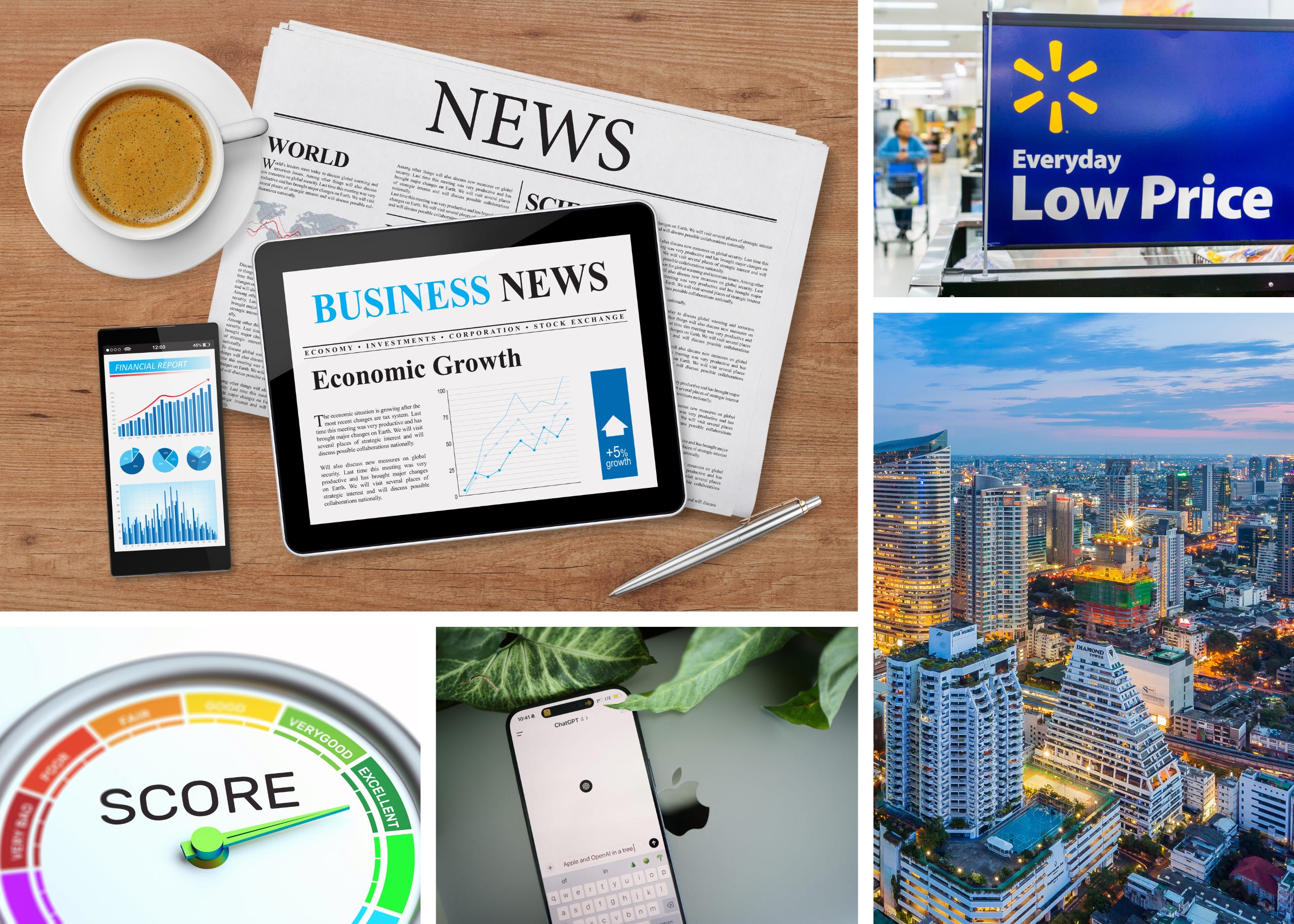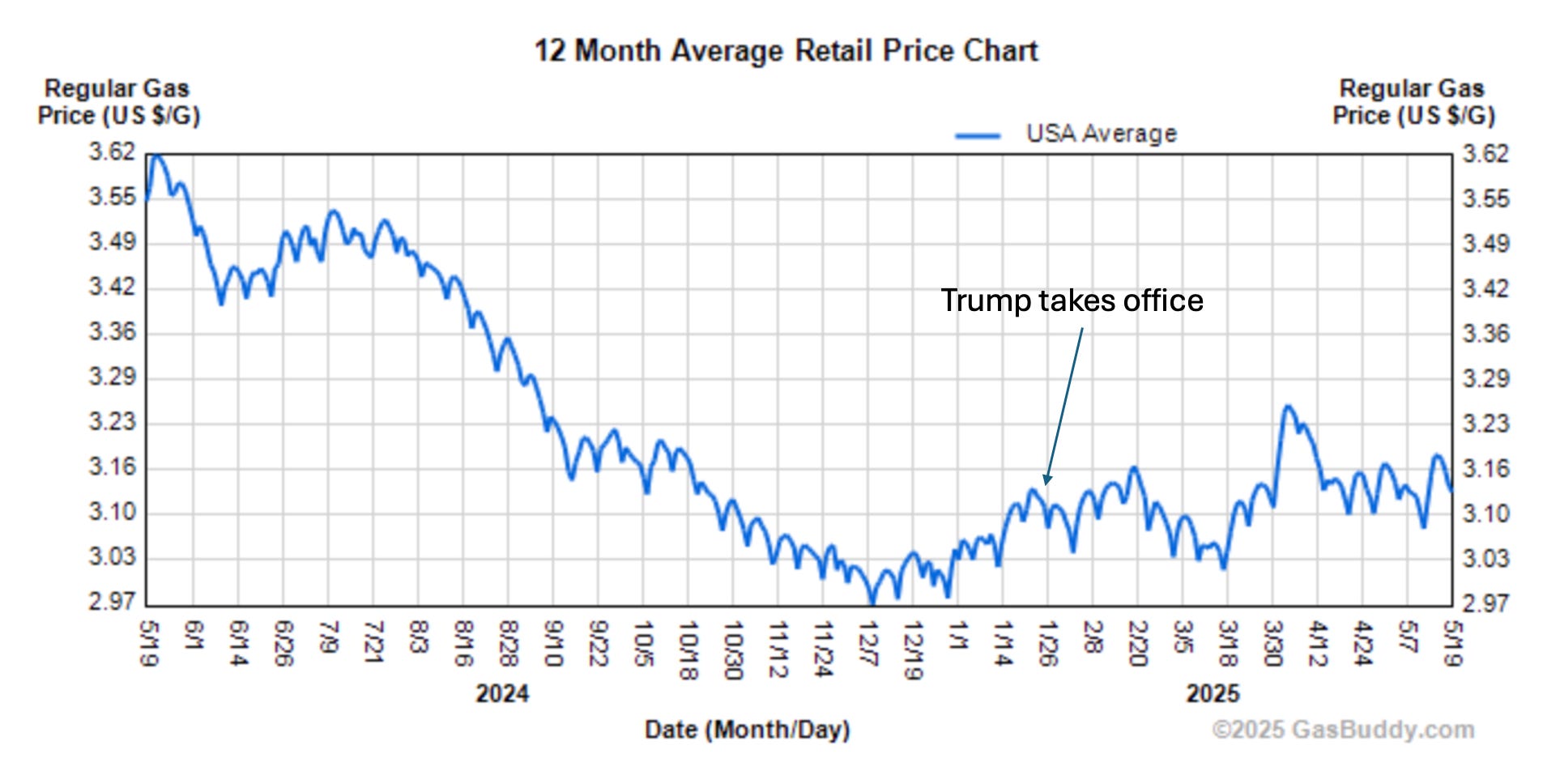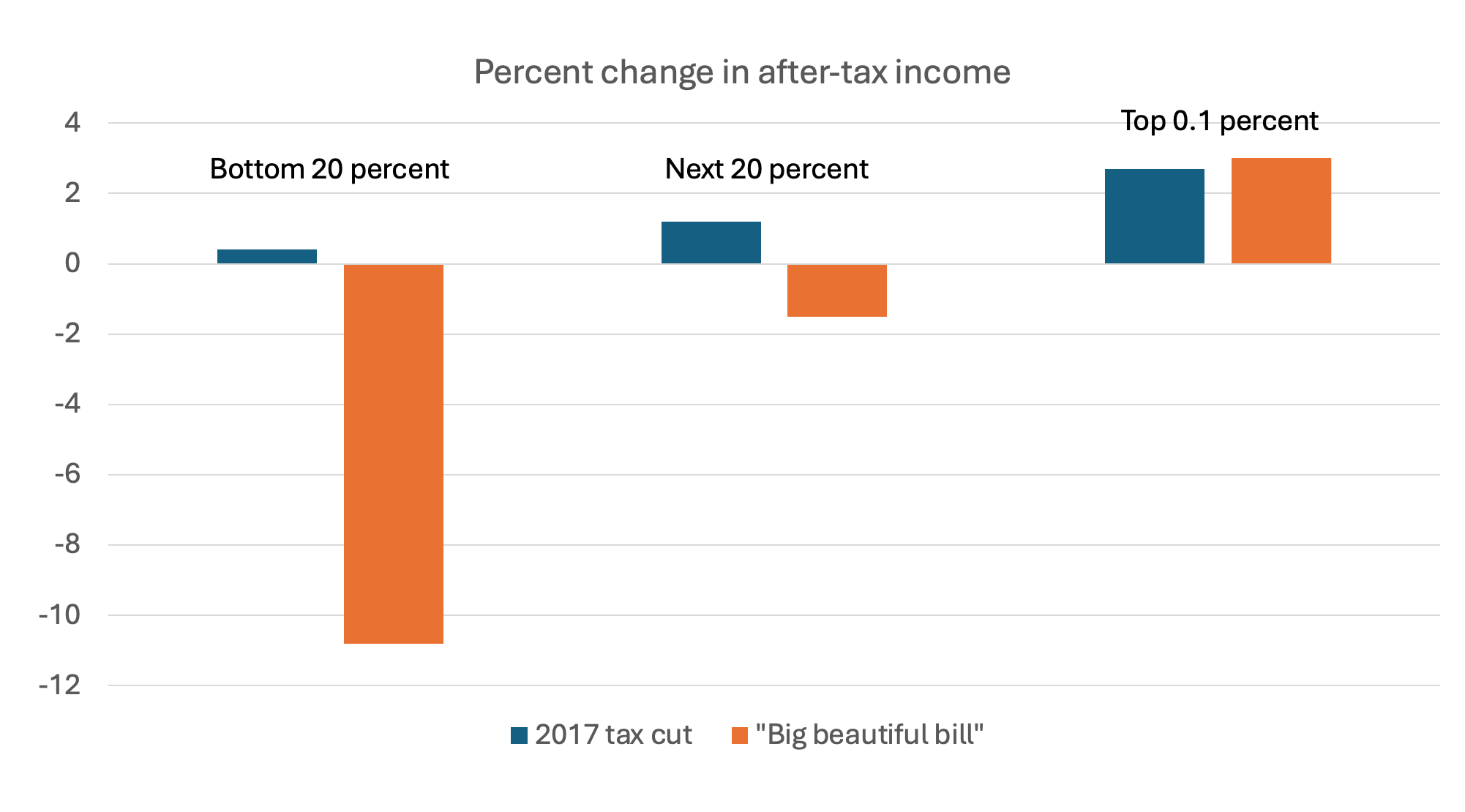
2701. The Problem of Extreme Cases
An argument that extreme cases complicate principles in economics and ethics, highlighting the challenges of interpersonal utility comparisons and the implications for public goods in anarchy.
your daily dose of economic commentary

An argument that extreme cases complicate principles in economics and ethics, highlighting the challenges of interpersonal utility comparisons and the implications for public goods in anarchy.

The post highlights various stories related to economic principles, including news consumption, price increases, credit rating downgrades, educational technology, and urban population growth.

Scott Cunningham interviews Vítor Possebom about his research on econometrics, causal inference, and policy evaluation in Brazil.

An argument that expanding discretion in bureaucratic systems enhances moral decision-making and benefits society by allowing for exceptions to rigid rules.

A discussion on Home Depot's decision to avoid price increases despite tariffs, contrasting with other retailers facing potential price hikes.

Paul Krugman discusses how Trump's tariffs create economic shocks and the negative consequences of misguided government policies on inflation and consumer prices.

Emily Feng discusses the challenges of collecting tariffs imposed by Trump due to overwhelmed agencies and savvy exporters evading taxes.

A Texas showerhead salesman investigates consumer willingness to pay for American-made products, challenging the effectiveness of policies promoting domestic manufacturing.

The discussion centers on the value of airport lounges for credit card companies and explores related economic questions about carbon taxes and gasoline prices.

Noah Smith discusses America's potential complacency and stagnation, drawing parallels to historical China, and emphasizes the need for progress and innovation.

Mortgage rates briefly exceeded 7% due to a credit rating downgrade, but improved later in the day as the market adjusted.

Scott Sumner discusses the implications of high marginal tax rates on income and the economic challenges faced by the UK and US, particularly regarding social benefits and Brexit.

The resignation of CBS News President Wendy McMahon is linked to disagreements over the company's direction amid a lawsuit involving President Trump.

Bill McBride discusses the changes in inbound and outbound container traffic at LA ports, highlighting the impact of tariffs on trade volumes.

Jadrian Wooten discusses the trademark dispute between the Portland Pickles and Disney, exploring the economic implications of trademark protections on competition and innovation.

Paul Krugman critiques Republican budget proposals that favor the wealthy while harming low-income Americans, highlighting the regressive nature and harmful implications of such policies.

Bill McBride discusses the increase in single-family housing inventory, highlighting significant week-over-week and year-over-year changes in the market.

The post discusses how Trump's policies are transforming the cryptocurrency landscape in America, highlighting Coinbase's upcoming inclusion in the S&P 500.

The challenges manufacturers face in eliminating synthetic dyes from foods may lead to increased prices, despite the appeal of natural alternatives.

Maria Aspan discusses Verizon's decision to abandon DEI policies to secure FCC approval for its Frontier deal.